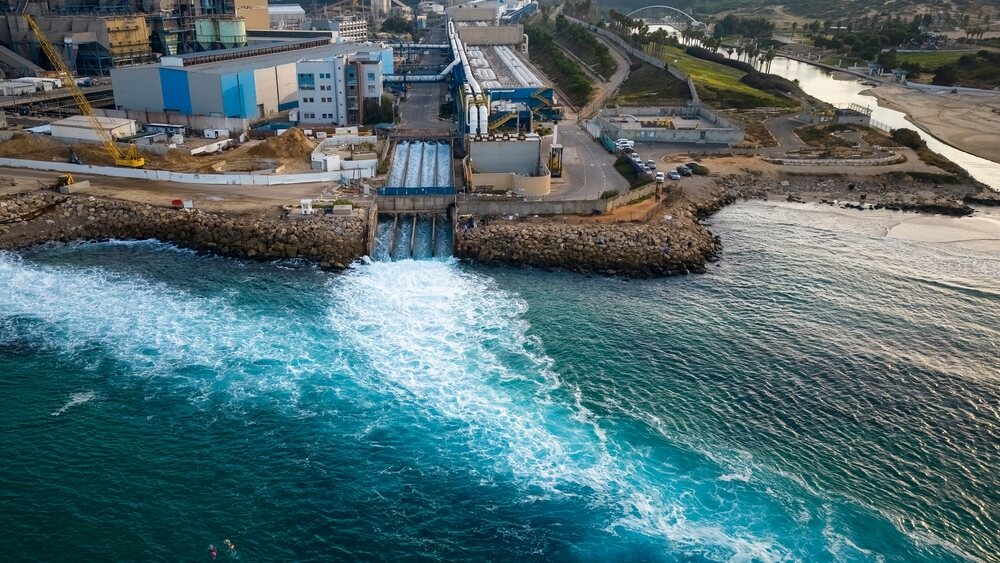
Introduction:
As India’s metro cities grow rapidly, the need for robust water storage infrastructure has become increasingly urgent. Population growth, urban expansion, and climate change are driving cities to rethink their approach to water management. Traditional water storage systems, which often rely on rivers, reservoirs, and outdated pipelines, are proving insufficient to meet rising demand. In response, India’s major cities are investing in advanced technologies, innovative policies, and sustainable practices to enhance water storage infrastructure and ensure reliable water supply for the future.
1. The Water Crisis in India’s Metro Cities
Metro cities like Delhi, Mumbai, Chennai, and Bengaluru are under intense water stress due to a combination of factors. Rapid urbanization and population booms are straining existing resources, while unpredictable rainfall patterns due to climate change make water supply unreliable. Additionally, high rates of pollution and inefficient management of resources contribute to water scarcity. A 2018 report by NITI Aayog estimated that 21 Indian cities, including several metros, could face “day zero” scenarios, where taps run dry, if substantial measures are not taken.
2. Modernizing Reservoirs and Expanding Capacity
To combat water shortages, cities are investing in modernizing existing reservoirs and building new ones with larger capacities. Delhi, for instance, has invested in expanding the capacity of the Sonia Vihar and Bhagirathi reservoirs. Similarly, the Brihanmumbai Municipal Corporation (BMC) in Mumbai is constructing additional reservoirs to store water during peak rainfall periods, preventing wastage and allowing for better distribution during dry months. In Chennai, where groundwater depletion is a severe issue, authorities are implementing projects to revamp lakes and ponds as natural storage reservoirs. Restoring these water bodies not only increases water storage capacity but also recharges groundwater levels, providing a sustainable solution to the city’s water woes.
3. Rainwater Harvesting and Rooftop Solutions
Recognizing the importance of rainwater harvesting, India’s metros are adopting policies that encourage and, in some cases, mandate the use of rainwater harvesting systems in residential and commercial buildings. Bengaluru, for instance, has implemented policies requiring rainwater harvesting structures in all buildings above a certain size. These systems capture and store rainwater, which can be used directly or filtered and stored underground to replenish aquifers. Delhi and Chennai are also promoting rooftop rainwater harvesting. This approach not only reduces pressure on municipal water supply but also helps prevent flooding during heavy rainfall by channeling rainwater into storage rather than allowing it to overwhelm drainage systems. These projects are backed by government incentives and subsidies to encourage citizens and businesses to participate in water conservation.
4. Advanced Water Treatment and Recycling
Water recycling and treatment are becoming essential components of water storage strategies in Indian metros. Given that freshwater resources are limited, reusing wastewater for non-potable purposes can significantly reduce demand. Cities like Bengaluru and Mumbai have established advanced sewage treatment plants that treat and recycle wastewater for industrial use, gardening, and other non-consumptive purposes. The Bengaluru Water Supply and Sewerage Board (BWSSB), for instance, supplies treated water to nearby industrial zones, reducing the burden on freshwater sources.
5. Smart Water Management and Leak Detection
Technological advancements are playing a pivotal role in improving water storage infrastructure across India’s metros. Smart water management systems and sensors are being deployed to monitor water levels, detect leaks, and optimize distribution. For example, the Municipal Corporation of Greater Mumbai (MCGM) is using sensor-based systems to track water flow, identify leaks in pipelines, and prevent water loss. This approach not only conserves water but also helps maintain a more efficient water distribution network.
Conclusion
India’s metro cities are at a critical juncture where upgrading water storage infrastructure is essential to sustain growth and improve quality of life. By combining traditional practices with modern technology, these cities are developing resilient water systems that can withstand the pressures of climate change and urbanization. From expanding reservoirs and implementing rainwater harvesting to embracing smart water management and recycling, India’s metros are taking significant strides to secure water for future generations. However, continued collaboration among government bodies, private sectors, and citizens will be crucial to ensure the success of these initiatives and achieve a sustainable water future for India’s urban centers.


